The projects of 24 Biosciences Area scientists and engineers received funding through the FY25 Laboratory Directed Research and Development (LDRD) program.
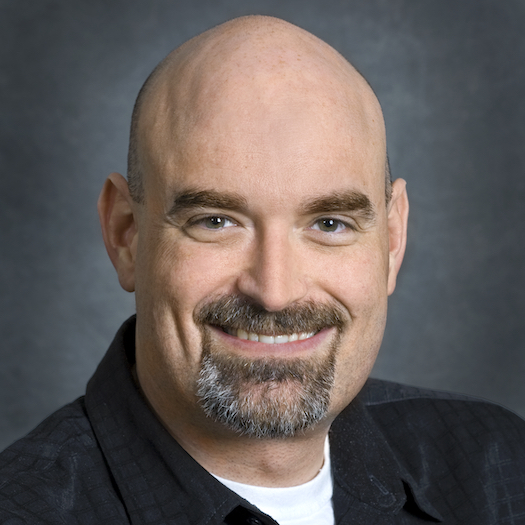
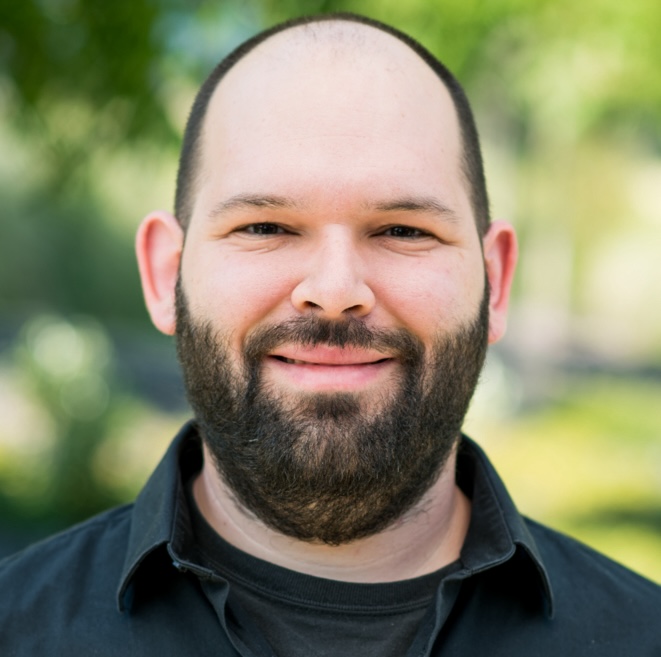
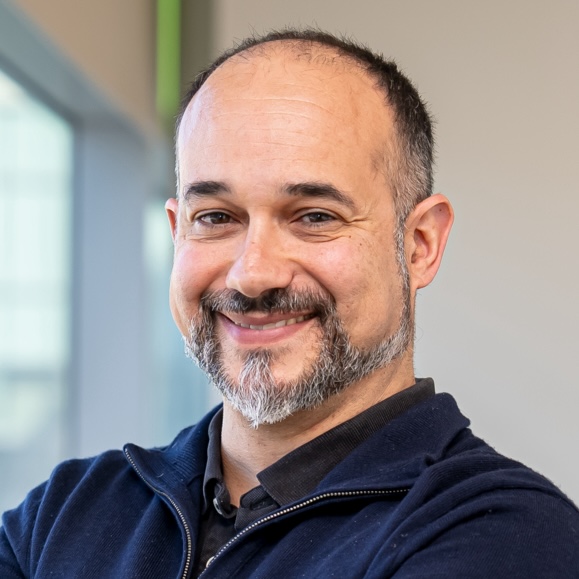
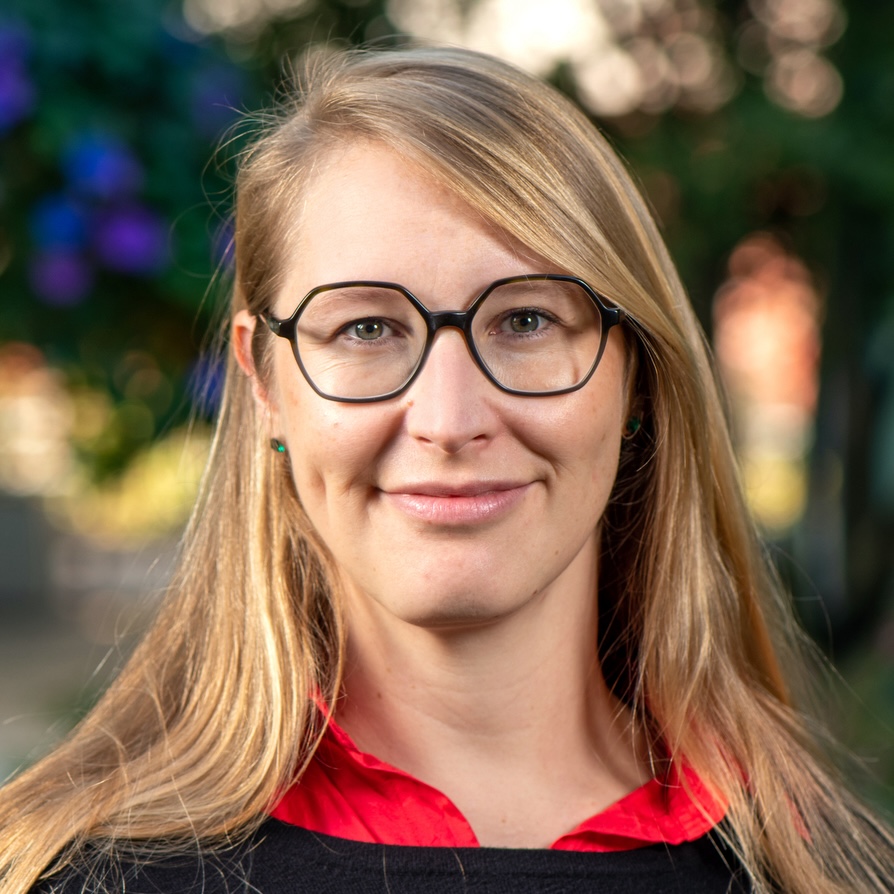
From Biological Systems and Engineering (BSE), Division Director Blake Simmons received funding to devise a model system for multi-modal analysis and characterization of complex biological systems.
Research scientist Tyler Backman, staff scientist Héctor García Martín, and Simmons received funding for ongoing projects. Backman is employing high-performance computing for massive-scale metabolic modeling. García Martín is combining computational fluid dynamics with metabolic modeling to accelerate bioprocess scaling. Simmons is collaborating with Energy Science Area senior faculty scientist Peidong Yang to harness the abiotic-biotic biohybrid interface to convert carbon dioxide to biofuels and bioproducts. In a separate effort, working alongside project scientist Lydia Rachbauer, Simmons is investigating the potential of acetogenic consortia to decarbonize industry.
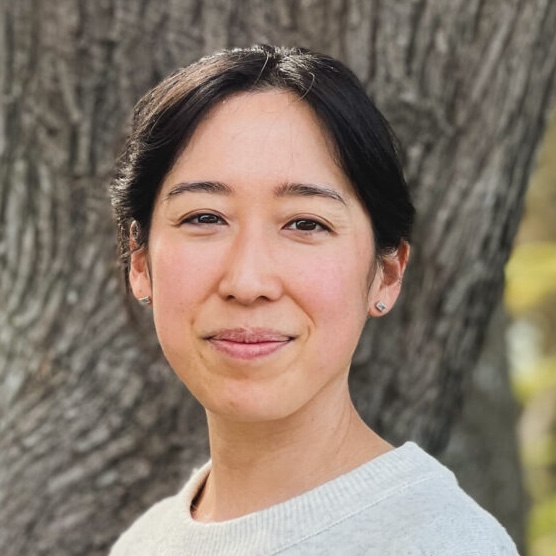
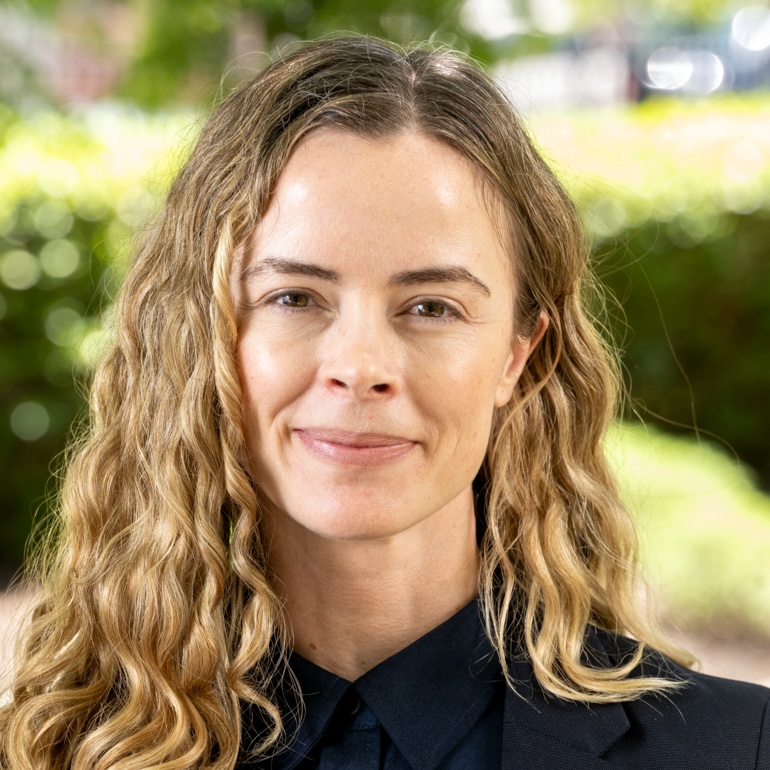
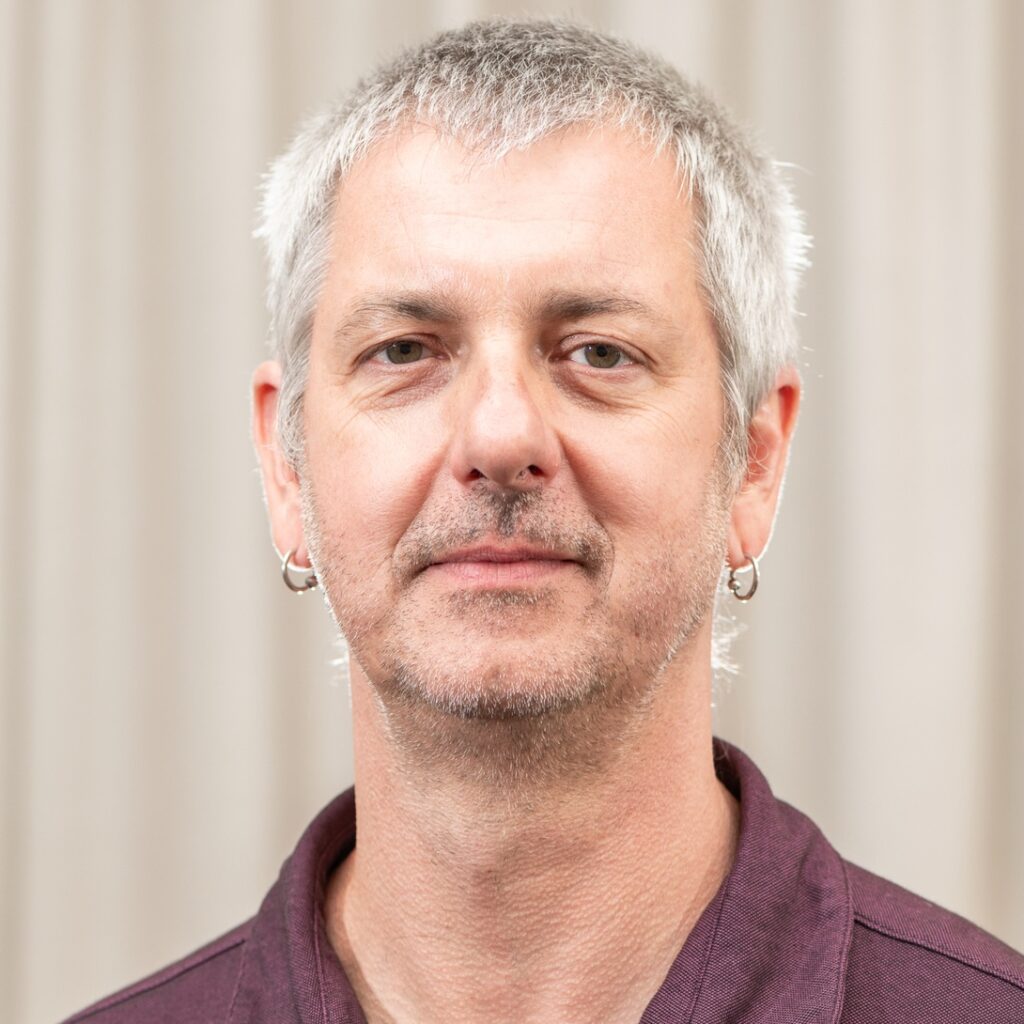
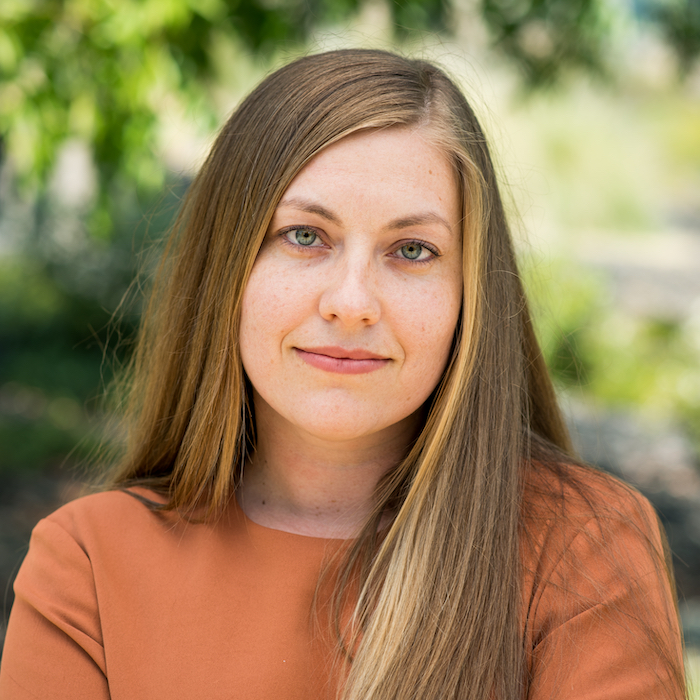
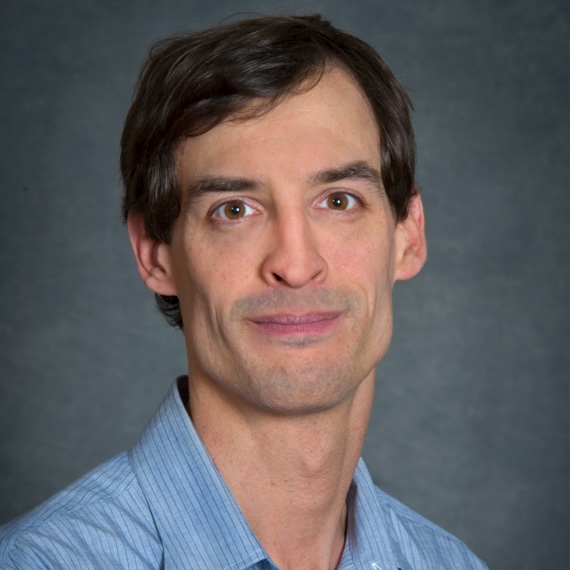
From Environmental Genomics and Systems Biology (EGSB), research scientist Momoe Kato, this year’s Early Career track awardee, received funding to develop next-generation mouse genome editing capabilities for human genetics and low-dose radiation research.
Project scientist Dawn Chiniquy, software developer Marcin Joachimiak, and research scientist Kateryna Zhalnina had ongoing projects funded. Chiniquy is engineering methanotrophs to reduce methane emissions. Joachimiak is working with senior scientist Adam Deutschbauer to create a computational framework to support automated high-throughput microbial culturing and growth assays. Zhalnina is augmenting the EcoPOD’s capabilities with tools to monitor and mitigate greenhouse gasses in the rhizosphere.
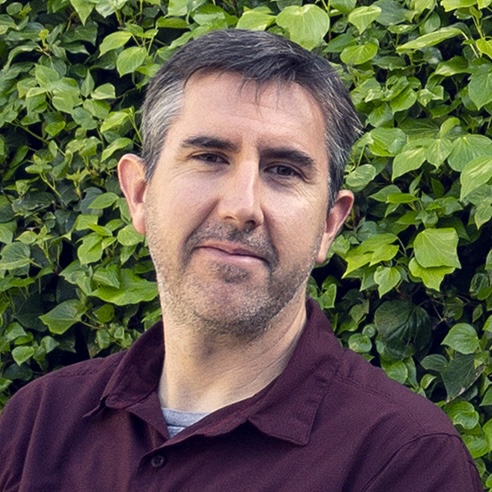
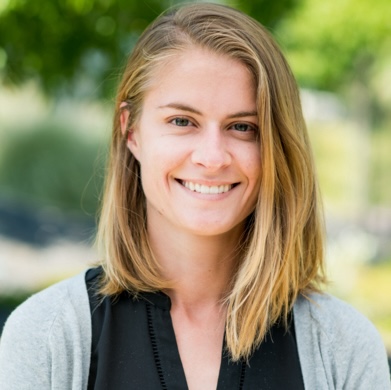
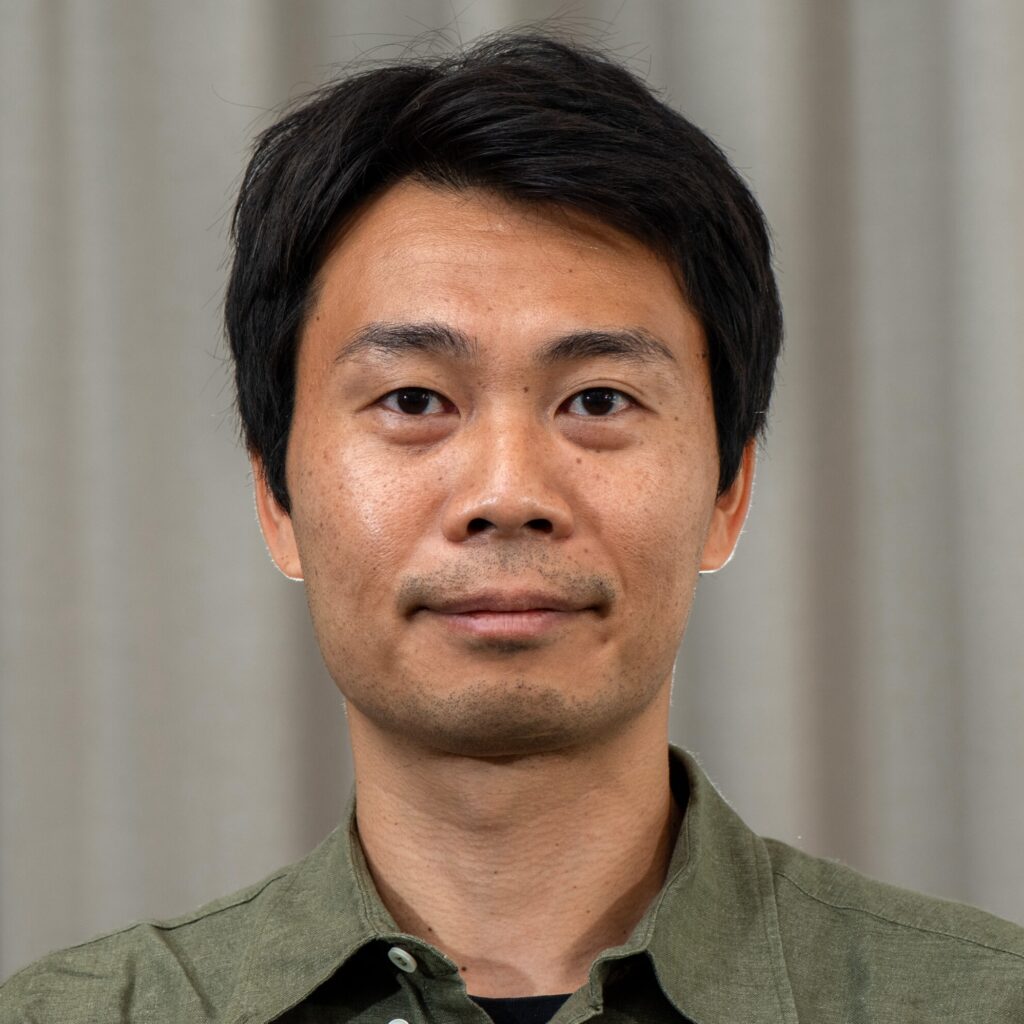
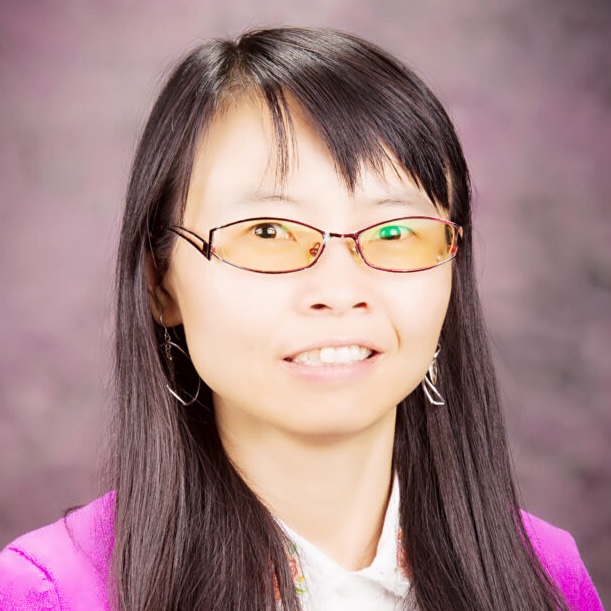
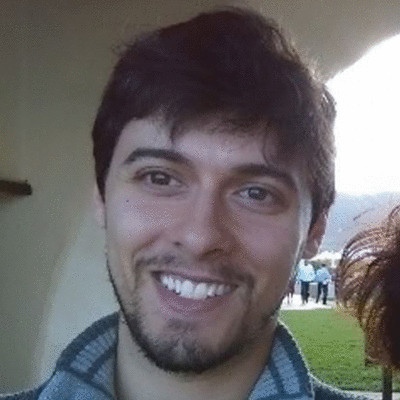
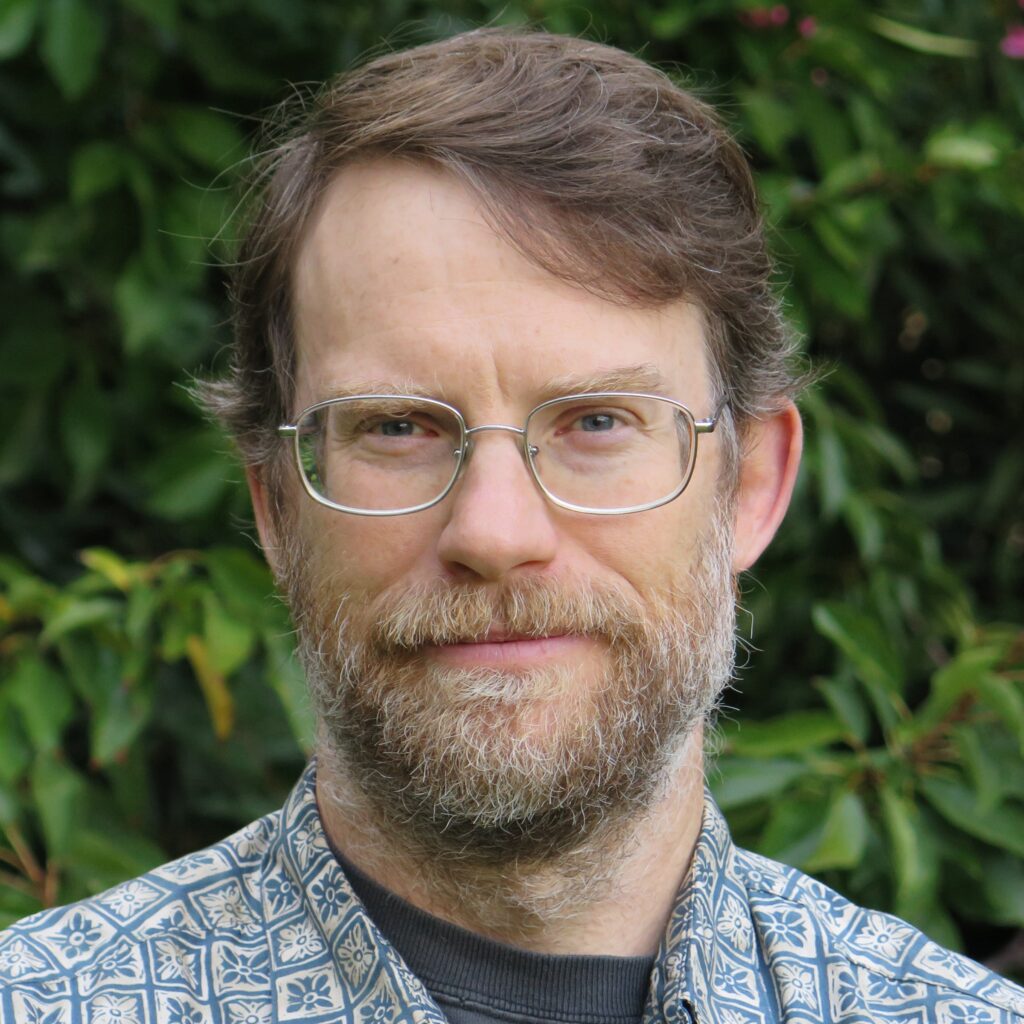
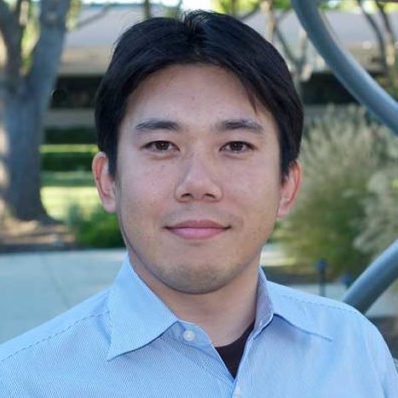
From the Joint Genome Institute (JGI), staff scientist Rex Malmstrom received funding to harness semi-permeable capsule technology to interrogate microbial systems. He will work alongside research scientist Maureen Berg.
Research scientists Tomoya Honda, Li Lei, and Stephen Mondo had ongoing projects funded. Honda is developing a high-throughput platform to characterize rhizobacterial chemoreceptors. Lei is collaborating with senior scientist John Vogel to identify and validate conserved regulatory sequences in grasses. Mondo is working with staff scientist Yasuo Yoshikuni to predict gene function and metabolic capabilities in yeasts.
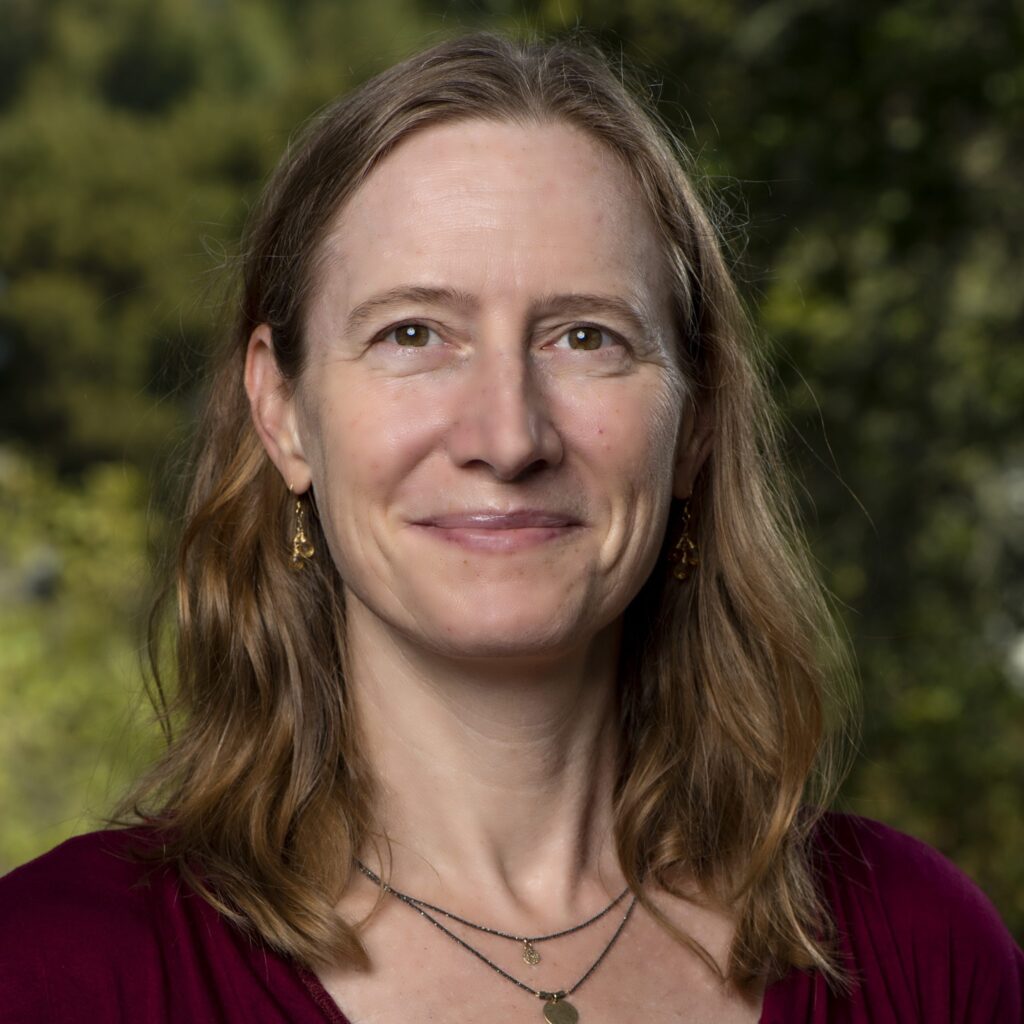

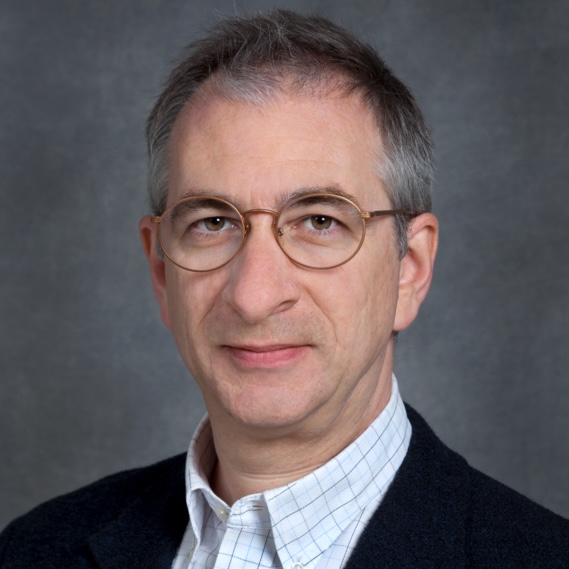
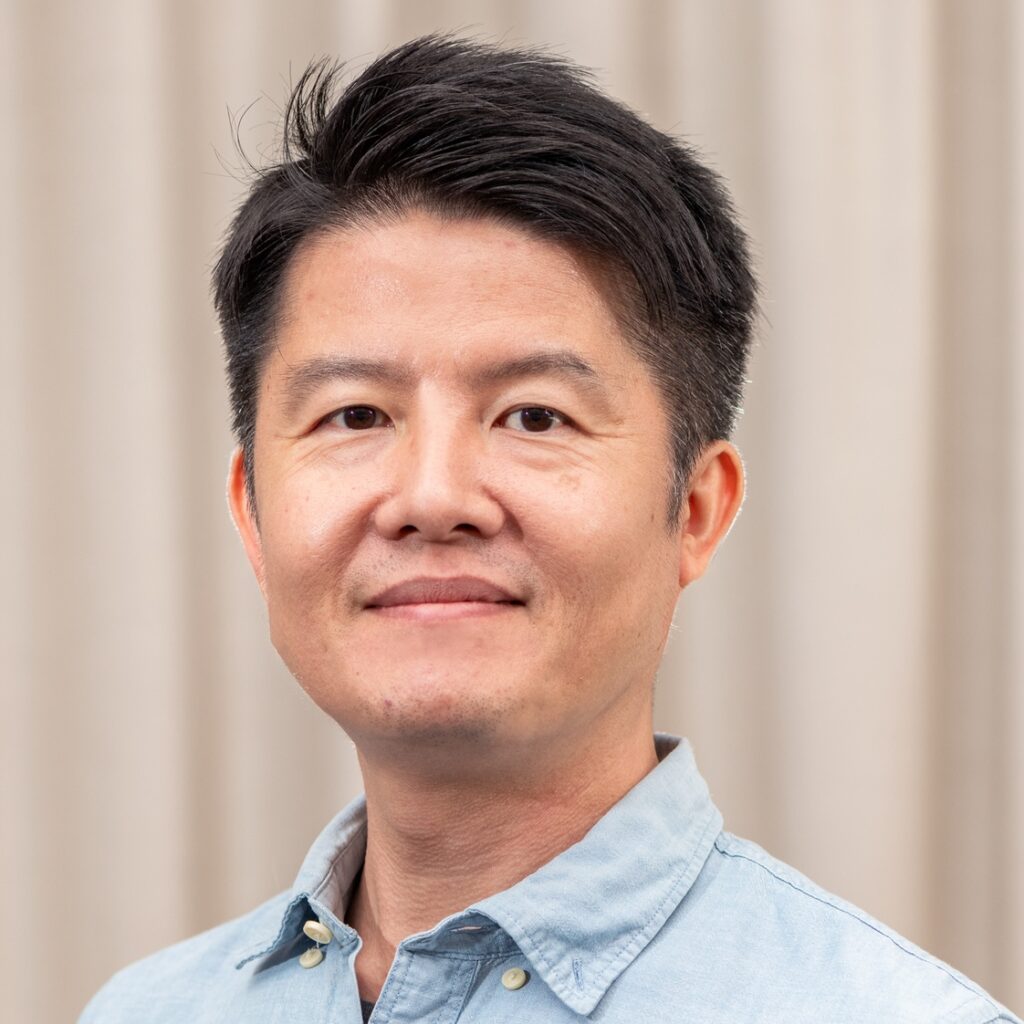
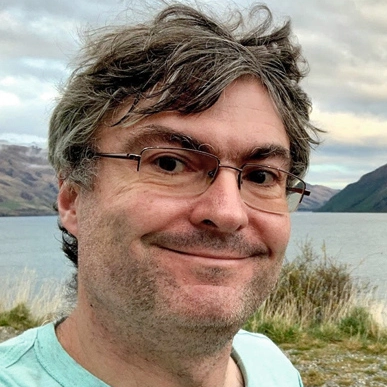
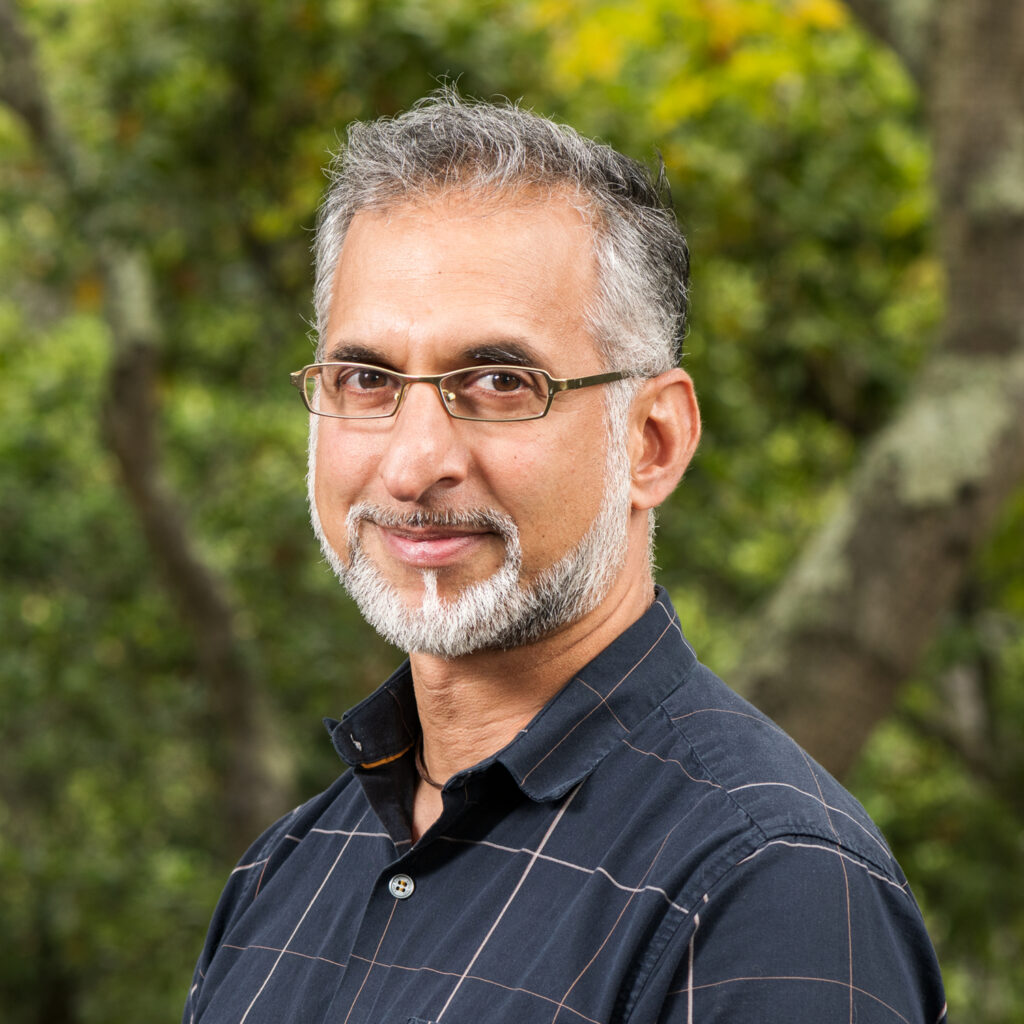
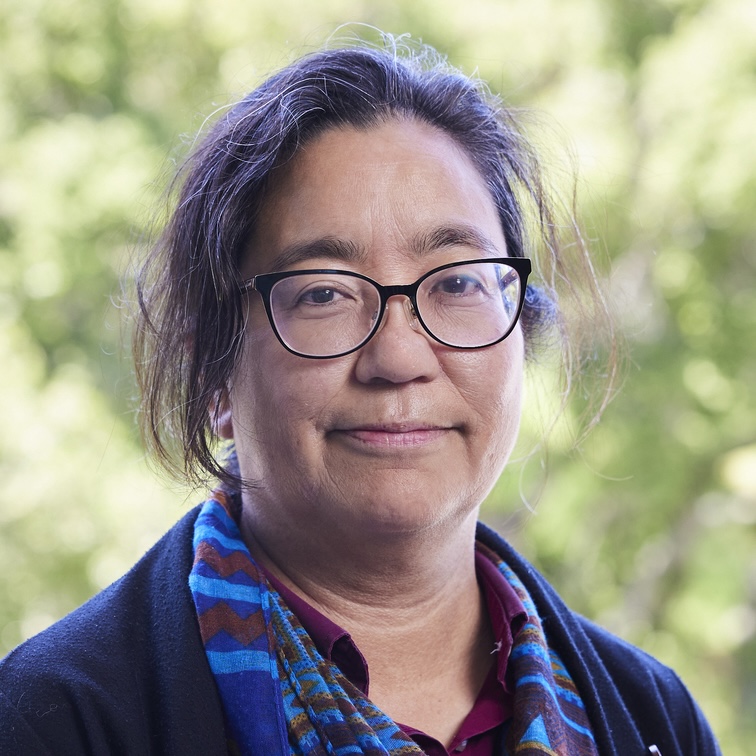
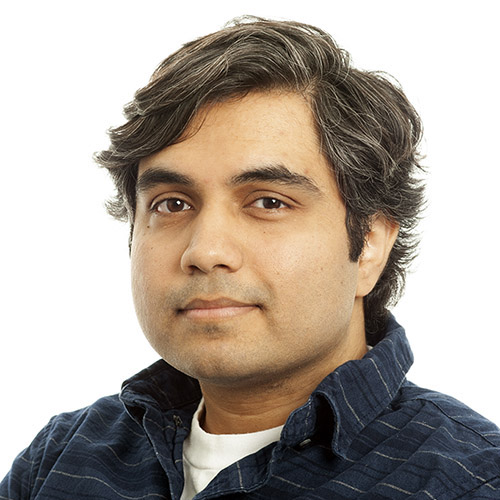
From Molecular Biophysics and Integrated Bioimaging (MBIB), senior scientist Suzanne Baker, staff scientist Aaron Brewster, and senior scientist Nicholas Sauter received funding for new projects. Baker will apply advanced imaging techniques to analyze dementia as a function of age. Brewster will enable self-driving serial crystallography at Berkeley Lab. Sauter will improve protein conformational ensemble prediction with diverse experimental data.
Research scientist Masa Iwai, faculty scientist Holger Mueller, research scientist Aris Polyzos, staff scientist Susan Tsutakawa, and faculty scientist Gokul Upadhyayula had ongoing projects funded. Iwai is collaborating with Energy Sciences Area staff scientist Crysten Blaby to employ molecular dissection to investigate photosynthesis repair mechanisms. Mueller is performing visual and spatial proteomics with phase-contrast cryo-electron microscopy. Working alongside Energy Sciences Area staff scientist Hans Bechtel, Polyzos is using fluorescence-based infrared photothermal spectroscopy (F-PTIR) for multimodal imaging. Tsutakawa is teaming with Computing Sciences Area staff scientist Oliver Ruebel on a method to link protein sequence to dynamic structures. Upadhyayula is creating a deep learning framework for a sensor-less microscope aberration recognition and correction.



